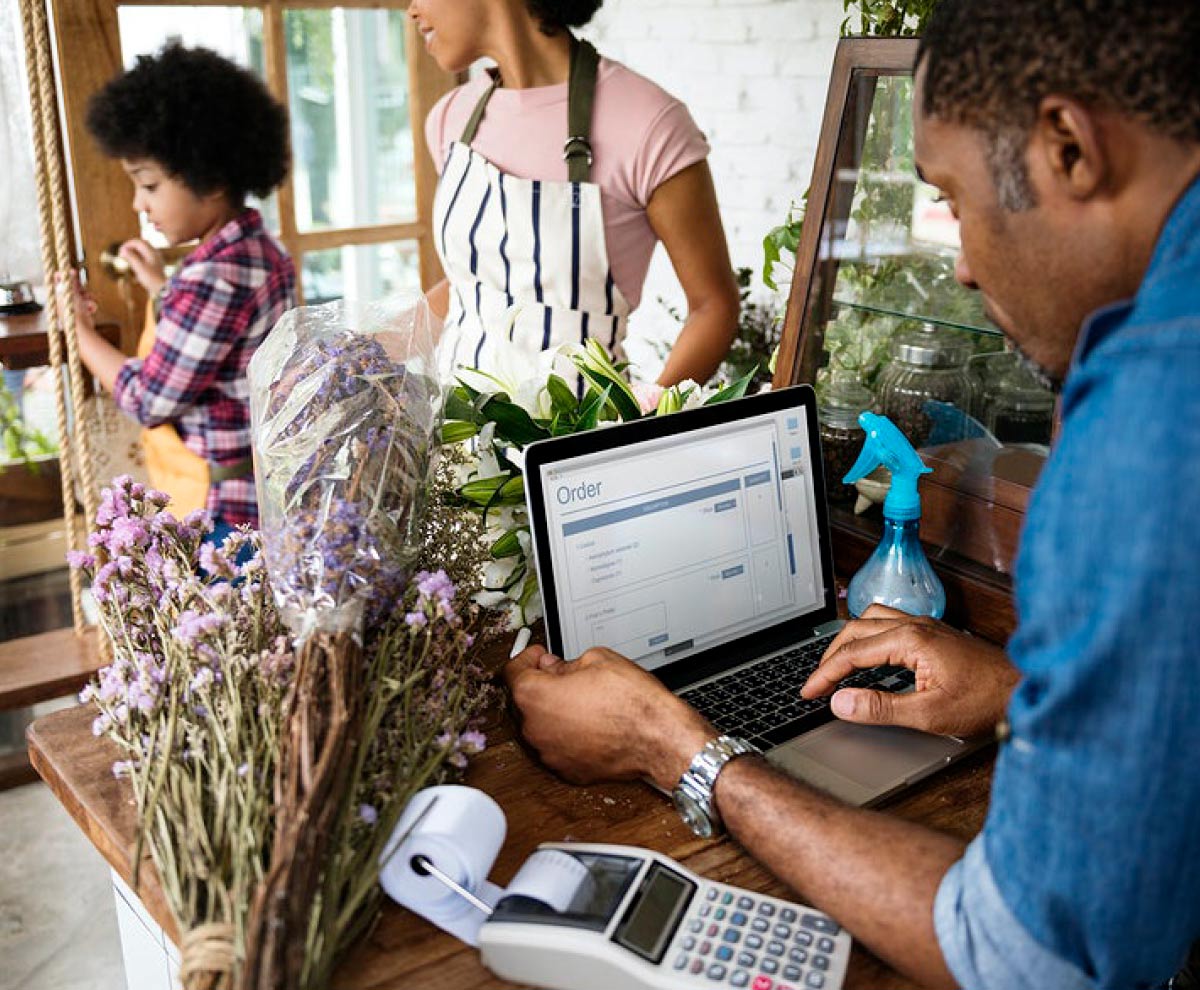

ith more than 150 million Americans voting in last year’s election, the right to vote politically is seen as sacred and exercised every two or four years. We elect leaders whose policies will aid and abet personal finances and economics. This is especially true for minorities and people of color. But why our communities perceive and exercise voting rights, power, process and outcomes exclusively in politics, but not more through the financial ecosystem, is a question we must thoroughly examine.
Economically speaking, blacks and other minorities cannot continue to vote economically by supporting institutions or organizations that fail to prize their economic strength, or represent their financial best interest. In the year 2020, the CEO of one financial institution expressed, out loud, that the reason more minorities are not in the organization’s leadership positions is because they cannot find “talented “minorities. Yet minorities continue investing in these institutions.

Imagine if people of color, who voted for the new Senators from Georgia, decided not just to vote every two or four years, but on a more consequential basis by spending and investing resources in minority-owned businesses! You see, your economic voting rights should be exercised daily, monthly, and quarterly or annually with those institutions and organizations whose choices align with the biblical principle in Micah 6:8 of doing justly and loving mercy.
How else do blacks vote? The black economy is an estimated $1.2 trillion, annually. However, research shows that for some, purchasing decisions tend to favor immediately possessed resources that generate no asset investments for the future. Cash infusions—such as from a tax refund—typically go to furniture and appliances, a visit to a high-end mall, or to finance a new vehicle. According to